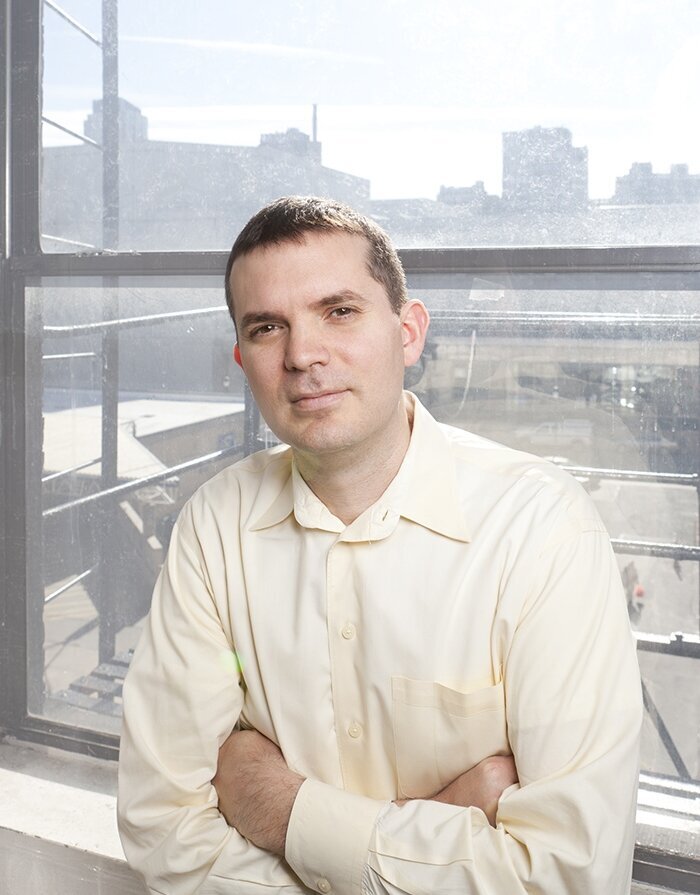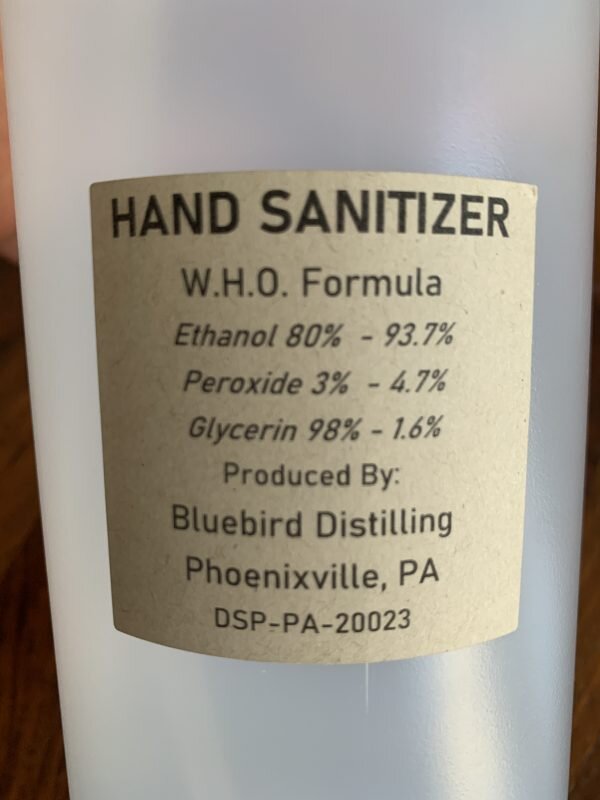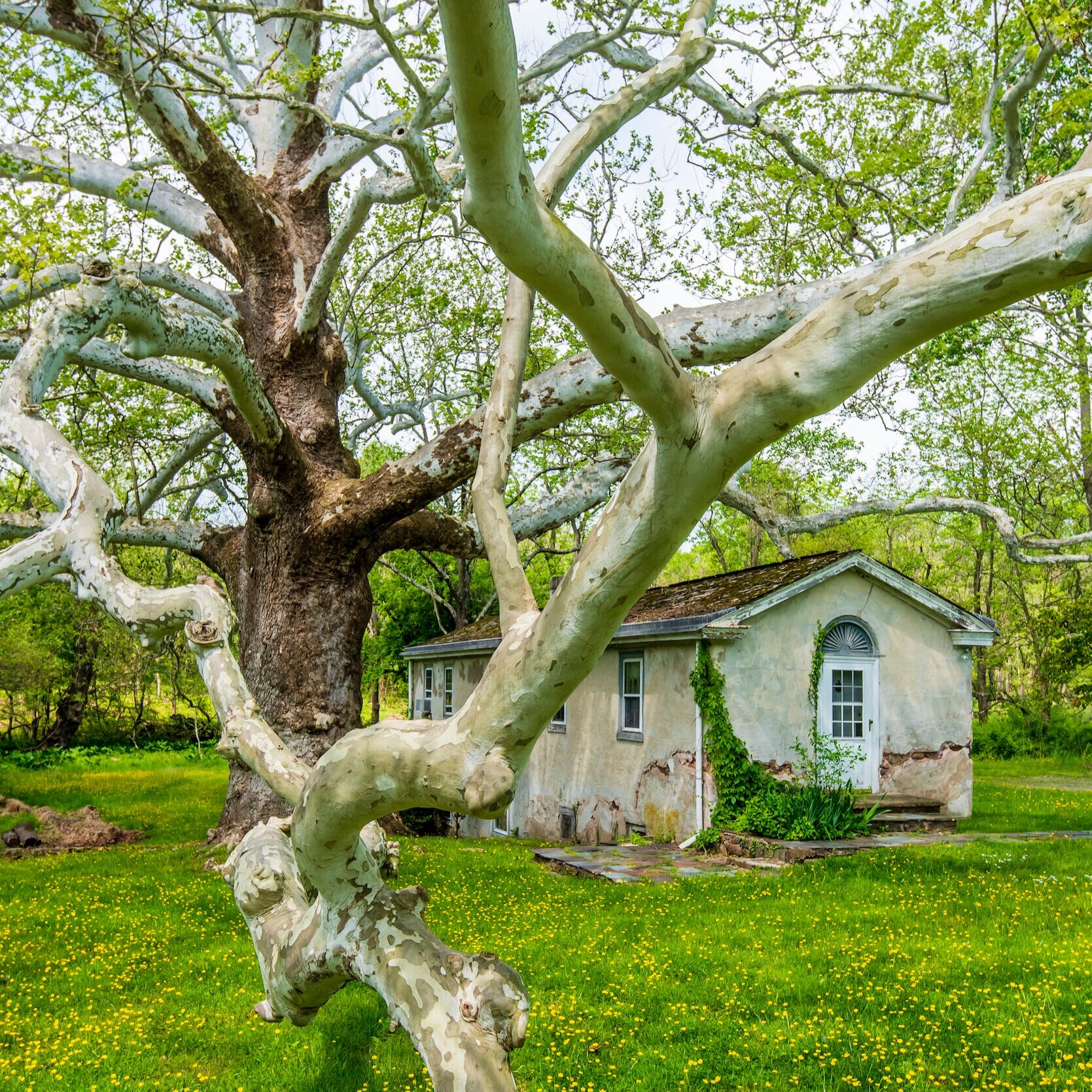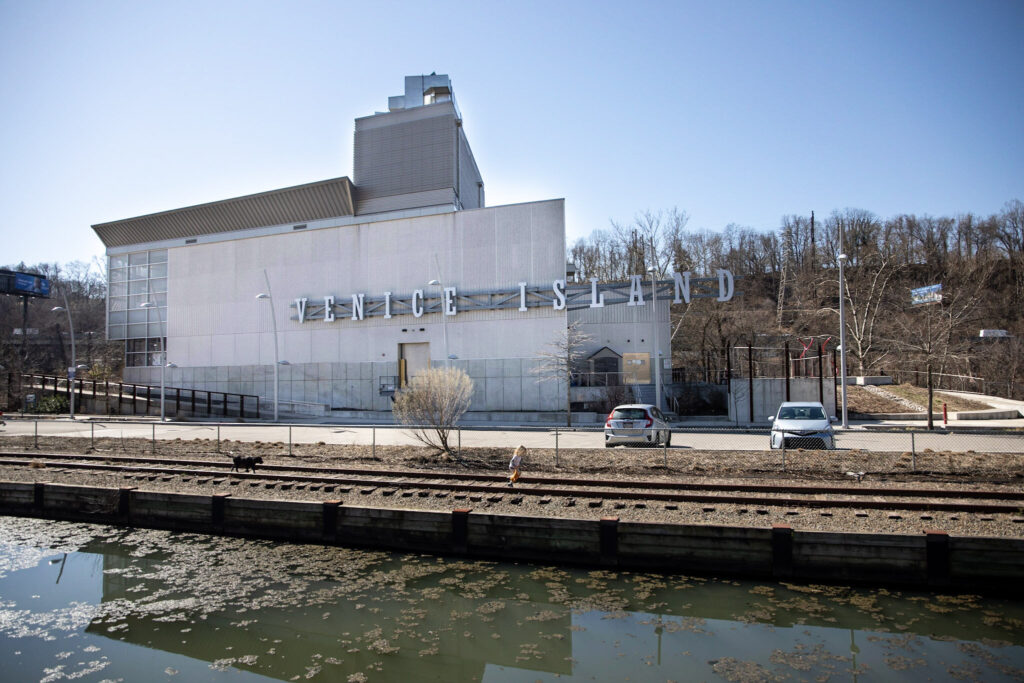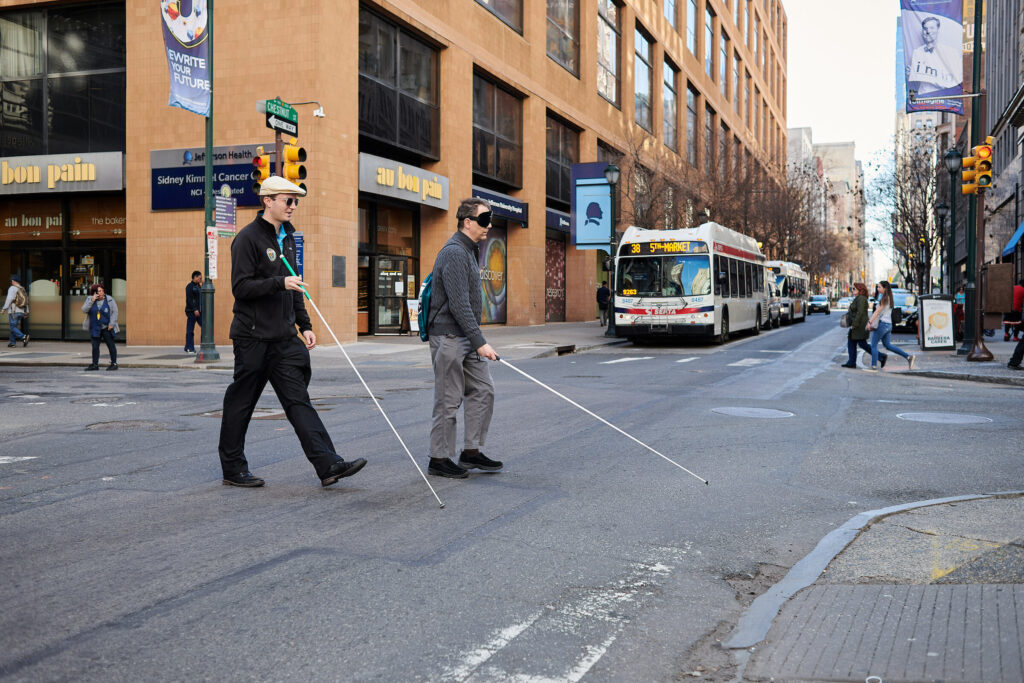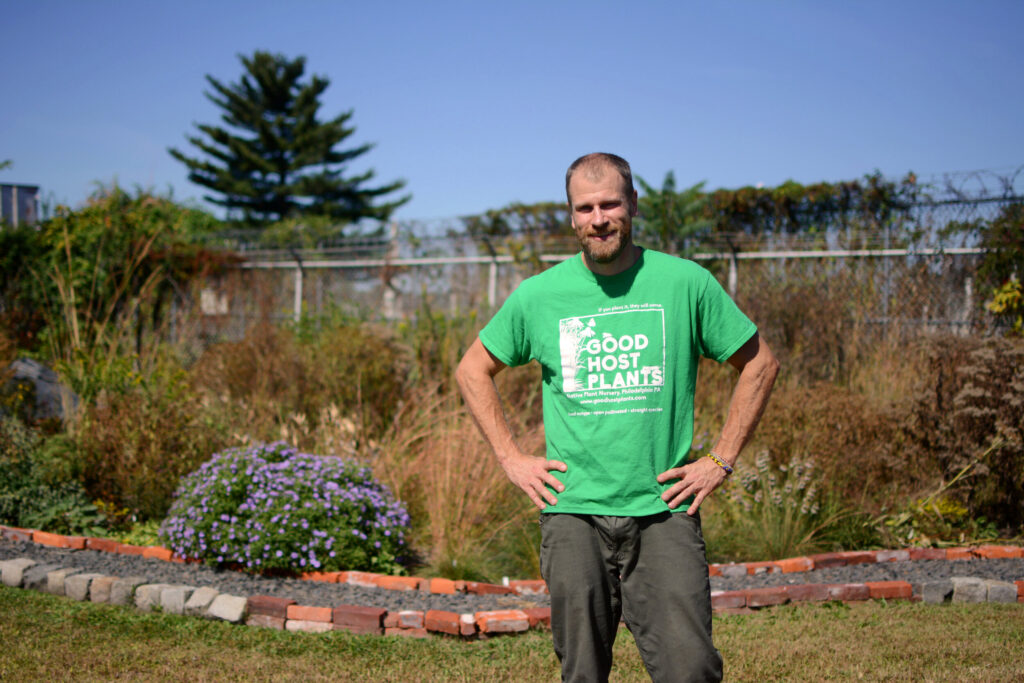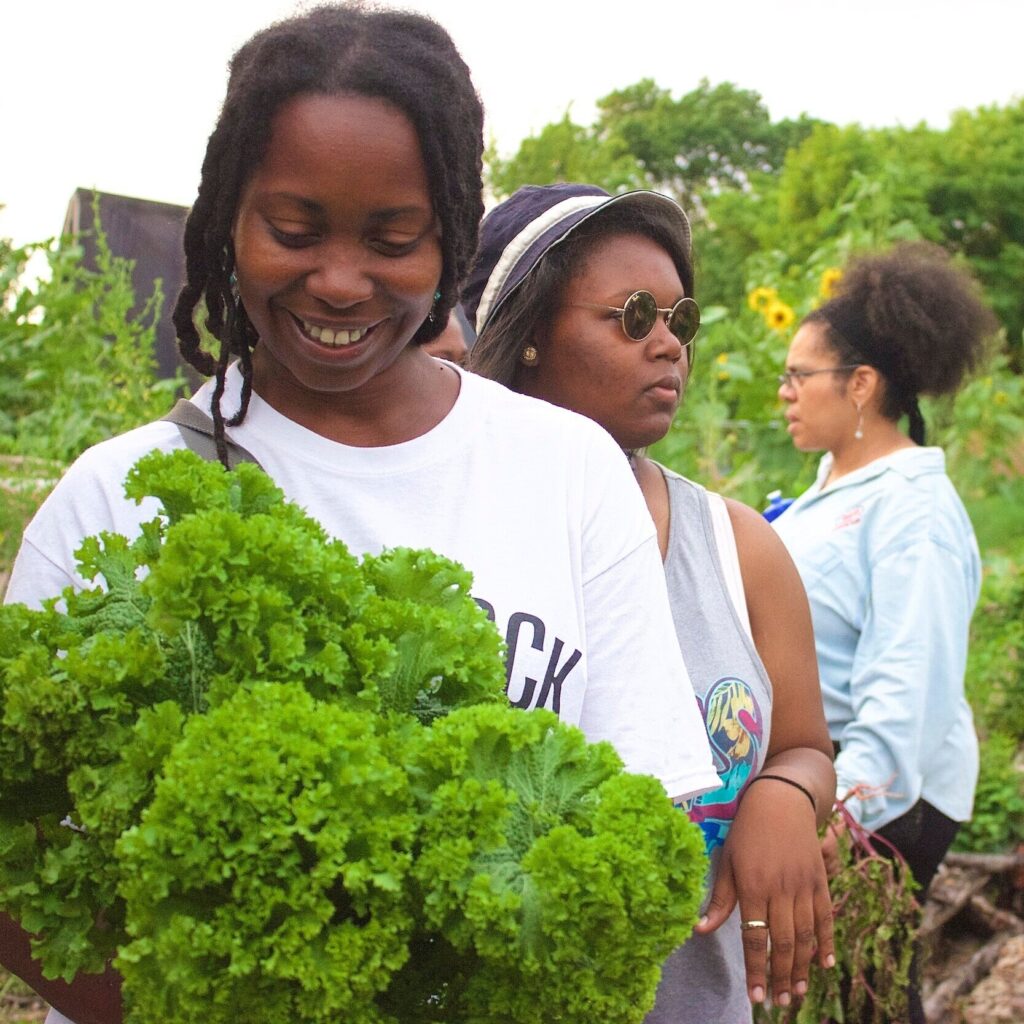My mom and dad walked hurriedly back to their apartment after the flood; they held onto some hope that their home had not been destroyed. When they arrived, they were unable to open the misshapen door, warped by the floodwater. They crawled through a window to get inside.
The first floor was covered in mud, a sticky and smelly kind of “flood mud” that my Mom says you can’t know unless you have walked in it. They looked at the watermark 12 feet high, falling a foot shy of the second floor, and ascended the stairs.
What they saw, my dad says, was like an episode of The Twilight Zone: a still life of what once was. They had left in a hurry, so the bed was unmade, ashtrays were unemptied and books were opened to the page they were reading. Upstairs was their old life, downstairs, their new life.
That was 1972 in Northeastern Pennsylvania, when Hurricane Agnes turned life in Wilkes-Barre upside down, and things in the Wyoming Valley were never the same again.
We too are facing an inflection point, where the present seems surreal and the recent past feels like a dream, but this time it’s global in scope. Perhaps because of the magnitude of this event, I think back to a couple of mundane things I almost did before everything changed. I finally got a much-needed new prescription for my glasses, but, alas, I never picked out new frames. I almost got together with a good friend who I hadn’t seen in years who lives in Williamsport. First I canceled our meeting, and then two days later when we had rescheduled he called from the road, saying the traffic was bad, he was turning around to go home, and we would get together after our next deadline. It was not to be.
There were some work things I was pretty excited about that almost happened. Grid had partnered with the city to produce an events guide online and in print for the 50th anniversary of Earth Day. Obviously, you will not find that in this issue. I had talked my buddy Nic Esposito into resurrecting Grid Alive, but that too is indefinitely suspended. The other title we publish, Decibel Magazine, had a massive event postponed that was lining up to be a smash.
Those things seem trivial now. I’m spending a lot of time thinking about my family, who are sending group text messages at a feverish pace. Videos of my brother strumming a guitar and serenading us, or my nephew playing the “The Entertainer” on the clarinet make me smile. When I text my sister and say, “Give Sophie a hug for me,” I wince a little bit, wondering how long it will be before I can deliver one myself.
I certainly would have visited my parents this weekend to celebrate my Mom’s birthday. I would have been with my Mom at the hospital three days from now when my Dad is scheduled to have surgery. Instead she will be in a hotel, I will be at home, and my Dad will be in the hospital with no family by his side.
I hold my breath thinking about how vulnerable so many people in my life are. We all worry about the elderly people we know, but I keep seeing stories about people who are 44 and 53 and 36 who have succumbed to the virus. It seems we are all vulnerable.
If there is a bright spot in this, it’s that we might yet prioritize what we know is important, and acknowledge that our fortunes are tied together. Perhaps we will be more inclined to listen to scientists and heed their warnings. But the one lesson that the last couple of weeks have reinforced in me is that life is precious and fragile, and should never be taken for granted.

